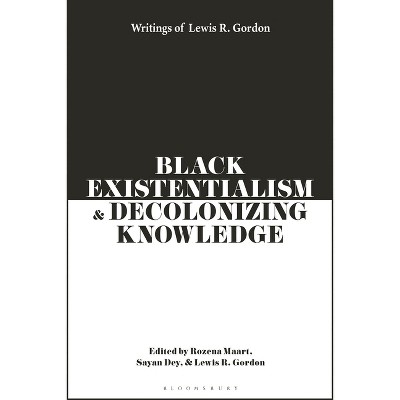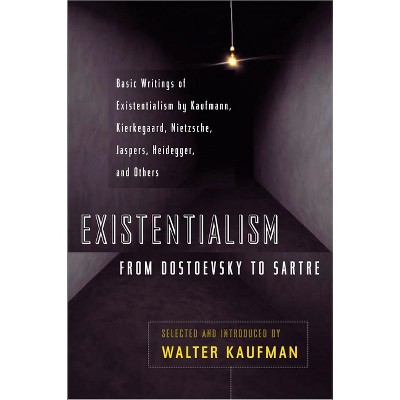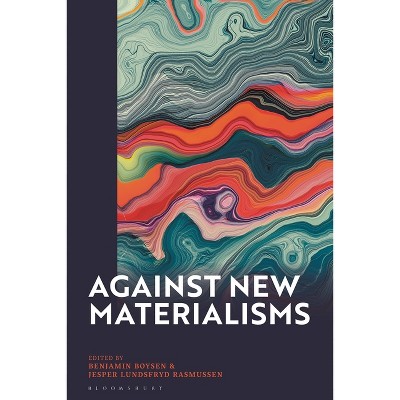About this item
Highlights
- Offering new critical approaches to Dada as quintessential part of the Avant-Garde, Dada and Existentialism: the Authenticity of Ambiguity reassesses the movement as a form of (proto-) Existentialist philosophy.
- About the Author: Elizabeth Benjamin is an independent researcher working within the field of the 20th-century European Avant-Garde.
- 229 Pages
- Philosophy, Movements
Description
About the Book
This book contributes new perspectives on Dada as movement, historical legacy, and field of study. Analysing Dada works through Existentialist literature across the themes of choice, alienation, responsibility, freedom and truth, the text posits that Dada and Existentialism both advocate the creation of a self that aims for authenticity through ambiguity.Book Synopsis
Offering new critical approaches to Dada as quintessential part of the Avant-Garde, Dada and Existentialism: the Authenticity of Ambiguity reassesses the movement as a form of (proto-) Existentialist philosophy. Dada is often dismissed as an anti-art movement with a merely destructive theoretical impetus. French Existentialism is often condemned for its perceived quietist implications. However, closer analysis reveals a preoccupation with philosophy in the former and with art in the latter. Moreover, neither was nonsensical or meaningless; both reveal a rich individualist ethics aimed at the amelioration of the individual and society.
The first major comparative study of Dada and Existentialism, this text contributes new perspectives on Dada as movement, historical legacy, and field of study. Analysing Dada works through Existentialist literature across the themes of choice, alienation, responsibility, freedom and truth, the text posits that Dada and Existentialism both advocate the creation of a self that aims for authenticity through ambiguity.
From the Back Cover
Offering new critical approaches to Dada as quintessential part of the Avant-Garde, Dada and Existentialism: the Authenticity of Ambiguity reassesses the movement as a form of (proto-) Existentialist philosophy. Dada is often dismissed as an anti-art movement with a merely destructive theoretical impetus. French Existentialism is often condemned for its perceived quietist implications. However, closer analysis reveals a preoccupation with philosophy in the former and with art in the latter. Moreover, neither was nonsensical or meaningless; both reveal a rich individualist ethics aimed at the amelioration of the individual and society.
The first major comparative study of Dada and Existentialism, this text contributes new perspectives on Dada as movement, historical legacy, and field of study. Analysing Dada works through Existentialist literature across the themes of choice, alienation, responsibility, freedom and truth, the text posits that Dada and Existentialism both advocate the creation of a self that aims for authenticity through ambiguity.
About the Author
Elizabeth Benjamin is an independent researcher working within the field of the 20th-century European Avant-Garde. She has previously worked at the University of Birmingham, UK and the Université de Lorraine, France. Her work has been published in French Studies, Desearch, HARTS & Minds, Synergies Royaume-Uni et Irlande and Papers of Surrealism.
Shipping details
Return details
Trending Poetry












